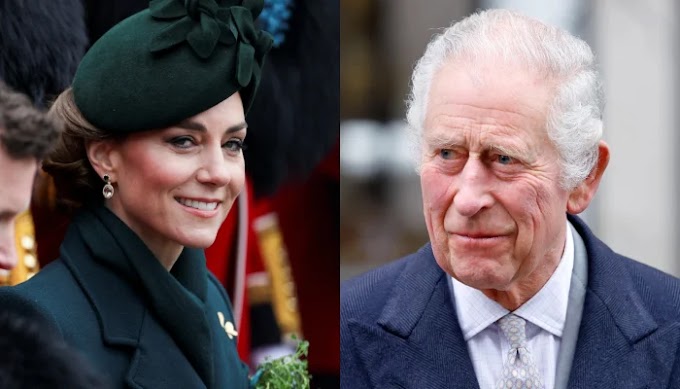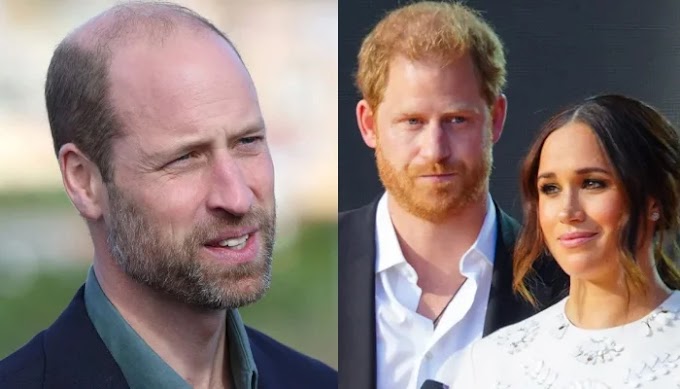The weight of Meghan's predicament cascaded into stark reality on the
eve of January 16, 2019. The Sussex duo adorned the Royal Albert Hall as
esteemed guests for an evening performance, radiating broad smiles upon their
entrance. Yet, concealed beneath Meghan's glamour lay a revelation—she had
grappled with thoughts of self-destruction merely a night prior.
As the performance unfolded, Meghan clung tightly to Harry's hand, unraveling
her tears and a plea not to be left alone. Despite being six months pregnant,
she confessed her reluctance to embrace life.
Meghan disclosed her
pursuit of aid from a palace senior, only to face an alleged denial by an HR
figure. Sympathy echoed, but the reason given—potential harm to the
institution—left her without recourse. Curiously, it posed questions: Could HR
truly hold such a paramount position in the palace hierarchy, as Meghan
intimated?
On the very day of her distress, Meghan shared a seemingly normal lunch with
friend Lindsay Roth, a Kappa Kappa Gamma sorority companion. Lindsay attests
to the meal's normalcy, with no hint of unusual gloom. Remarkably, Meghan even
arranged for a professional makeup artist for the evening's affair.
In
her Oprah interview, Meghan spoke of seeking HR for treatment options, yet
HR's role doesn't extend to medical connections. In Meghan's homeland,
expectant mothers, troubled with destructive thoughts, typically turn to
midwives or OBGYNs for support—standard practice.
Meghan's choice
to approach HR over her existing medical team raises eyebrows. Was it genuine
help she sought, or perhaps documentation for palace mistreatment claims?
The
narrative expands to imply the palace's grip on passports and keys. Without
dwelling on travel specifics, it's intriguing. Royals like Catherine
personally handle school drop-offs, even as less prominent ones, like the
Wessexes, maintain a private life. Was Meghan truly restrained from using her
vehicle, or does this narrative teeter on the brink of implausibility?












